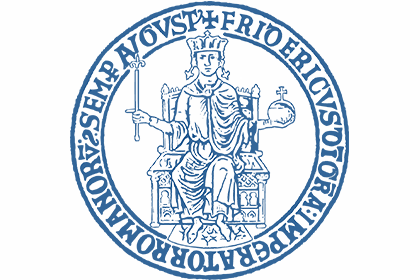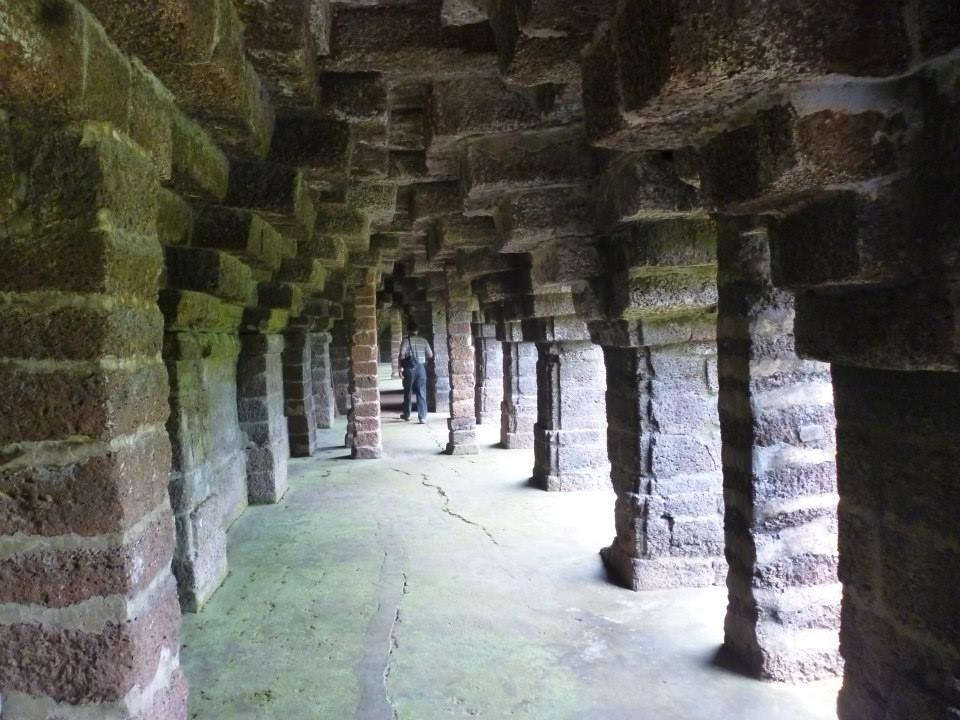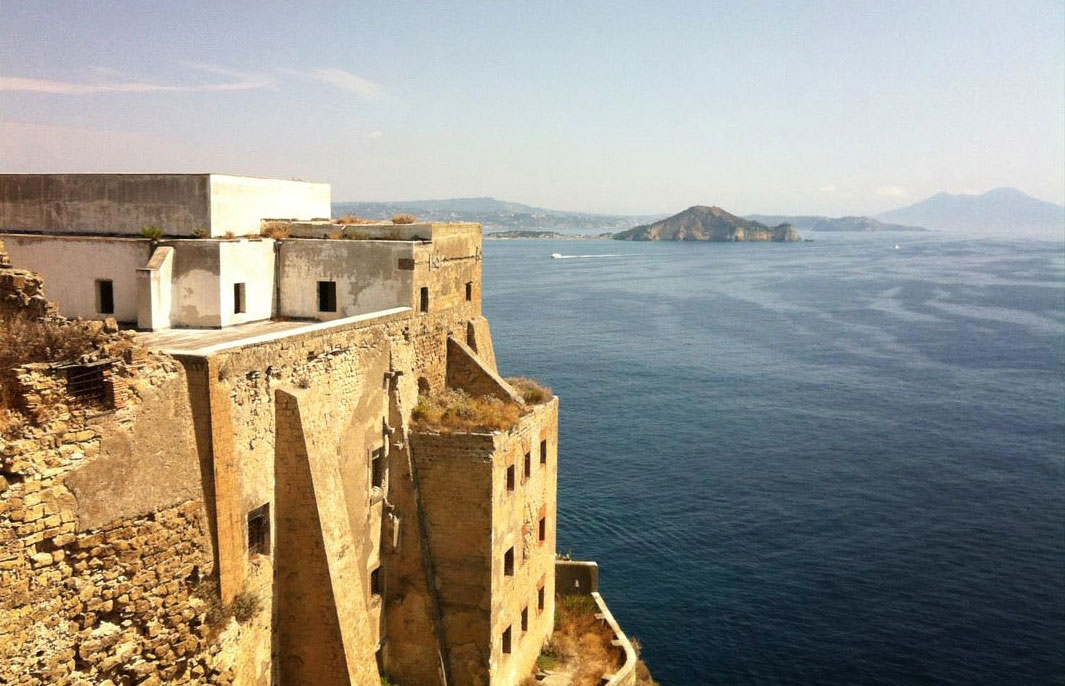The erection of the Studium was decreed by Emperor Frederick II of Swabia on June 5 (July 5 according to some sources) 1224 through a circular letter (generalis lictera) sent from Syracuse. Because it was created at the emperor’s own behest, the University of Naples is considered by far the first secular university in Europe to be state-run (i.e., not founded by guilds or associations of intellectuals, or students, but by virtue of a sovereign decree).
There were two main reasons that prompted the emperor to build the Studium: first, the exclusive training of the administrative and bureaucratic staff of the curia regis (the ruling class of the kingdom) and thus the preparation of jurists who would help the sovereign in defining the state order and executing the laws; and second, to facilitate his subjects in their cultural education, avoiding their unnecessary and costly travel abroad.
The choice of the seat fell on Naples for reasons not only cultural (the city had a long tradition in this regard, linked to the figure of Virgil, who is explicitly recalled in a document of the time), but also geographical and economic (the sea trade, the mild climate and the strategic position within the Kingdom were, to a certain extent, decisive). The organization of the Studium relied on the work of two eminent jurists from Campania: Pier delle Vigne and Taddeo da Sessa.













